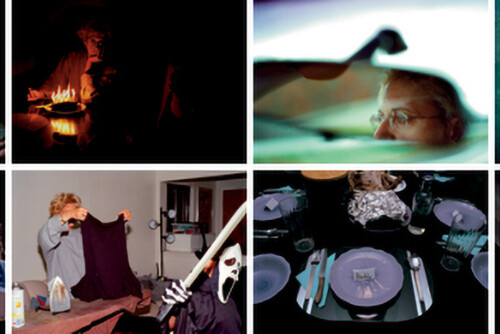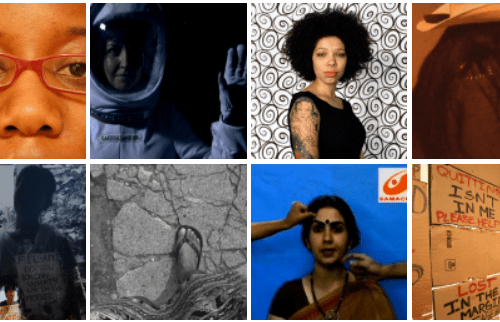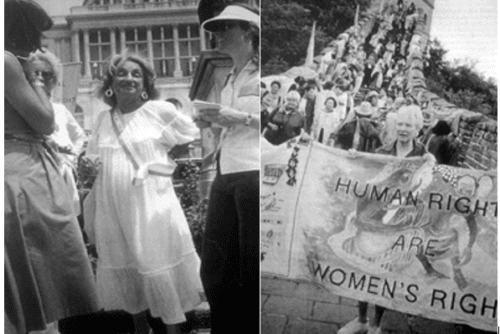In the early 1970s, we didn’t talk much about child abuse and there was limited research to guide practice. What was clear, however, was that these children were being hit—we saw belt marks, slap marks, and one child with cigarette burns. What had happened? We grew to understand that we had invaded family systems without their permission. We had changed the family balance without involving the parents. For a parent living in deep depression and isolation, a child jumping off the bus screaming “play with me, sing to me, come outside” was very difficult to handle. For these depressed and isolated moms it was intolerable for children to demand what they could not deliver as parents.
To this day, I feel deeply saddened that my initial decision actually hurt children, even though my intentions were in the right place. I began to understand that the family is a unique system, each with its own complex interrelationships. Two powerful guiding principles emerged that continue to serve as the core of all PB&J’s programs: First, we must honor and support families; and second, children must always be viewed within their environmental contexts.
So I dried my tears, grateful for a powerful lesson learned, and I continued to drive the bus each morning, now piled with children and their parents! Together we learned. Slowly the parents gained the critical knowledge that they are the most important people in their children’s lives.
That was the beginning. About six months went by, and it became apparent that we were a place without a proper name. One day as I was serving lunch one of the children asked, “What’s the name of this place anyway?” I thought a moment then answered, “I don’t know—what do you want to name it?” The child answered, “Peanut butter and jelly, because that’s all you ever feed us!” The name has “stuck” for nearly four decades.
With the birth of Peanut Butter and Jelly, Albuquerque had its first child abuse prevention and treatment program for children and parents. These families learned together how to establish safe and nurturing homes wrapped in love for one another—the essence of family systems theory. But the need for family services to support the nurturing of families in a supportive community was not confined to the families we were serving through Peanut Butter and Jelly.
In the 1980s, New Mexico closed institutions for the developmentally disabled. The state seemed unaware that people with developmental disabilities had wants and needs that would extend into parenthood and family life. Nor did they believe them capable of responsible parenting. Hence state practice was to remove children from mothers with developmental disabilities at birth. Outraged by the state’s response, PB&J worked with hospitals, child protective services, courts, and shelters to develop a novel and innovative program to stimulate appropriate development for these at-risk children and to keep these unique families together.
By the 1990s our country was immersed in the war on drugs. Instead of treating drug abuse as a public health issue, it was criminalized. Many states began the practice of arresting pregnant, drug-using women and detaining them in jail until after the birth of their babies. PB&J pushed back, going to the District Attorney to make sure New Mexico wouldn’t adopt that practice. We formed a strong collaboration to begin a specialized clinic at the University of New Mexico, offering prenatal care for drug-using pregnant women, and home visitation and family residential treatment upon the birth of a drug-affected baby. Those programs have grown and continue today. PB&J has developed a large home-based program, with many referrals coming from hospitals.



